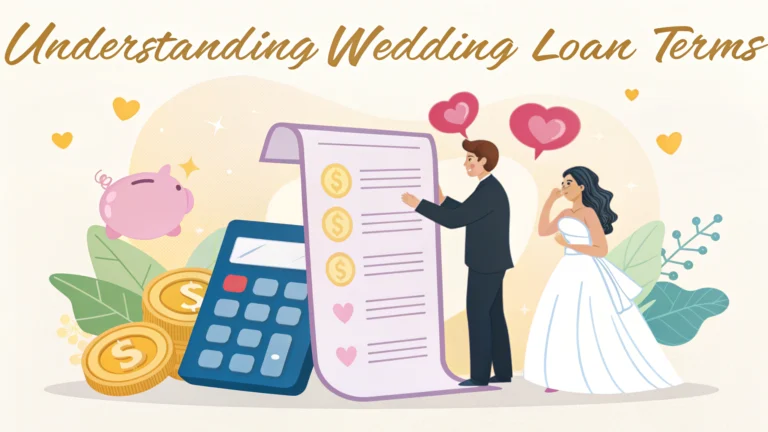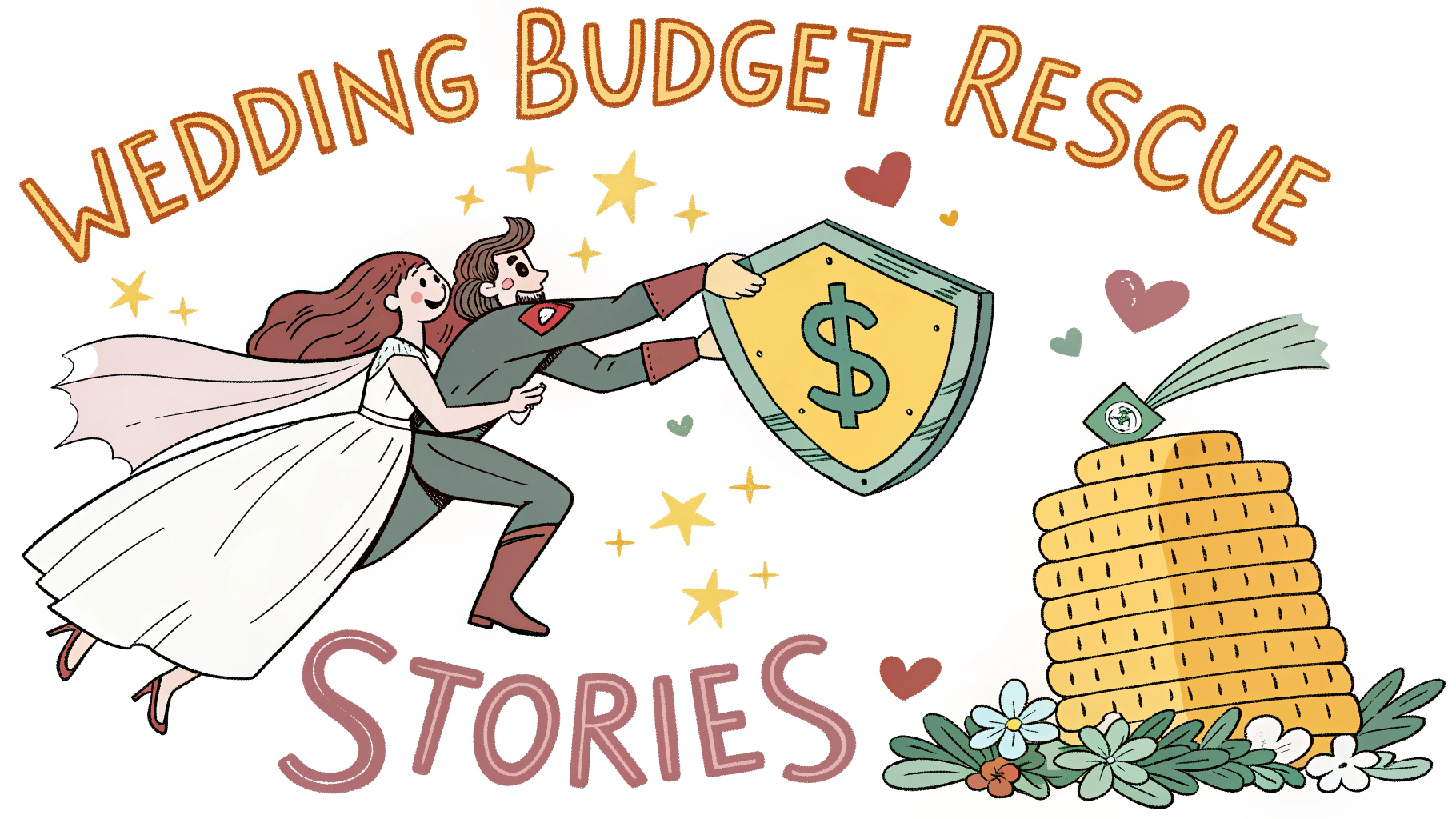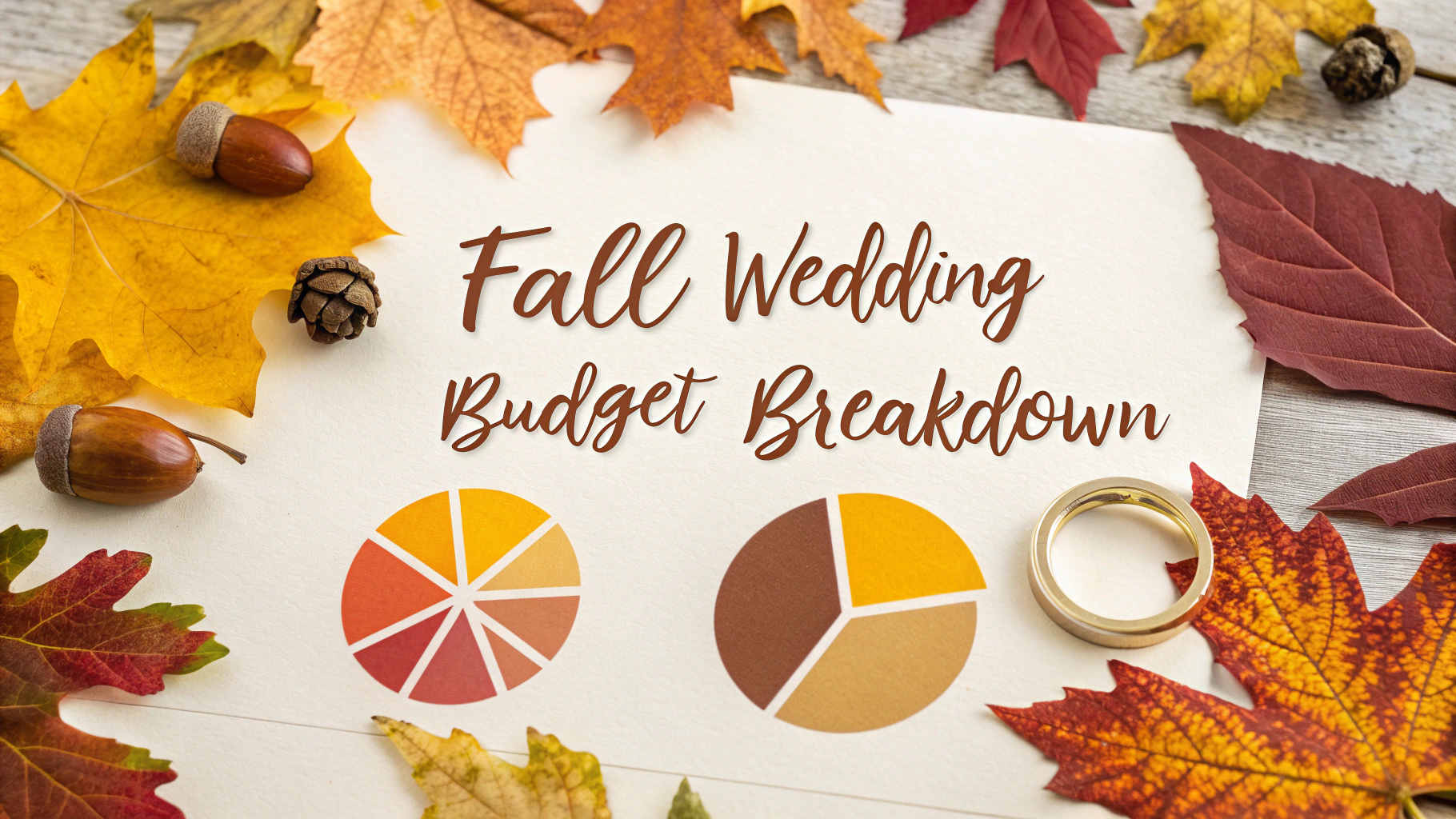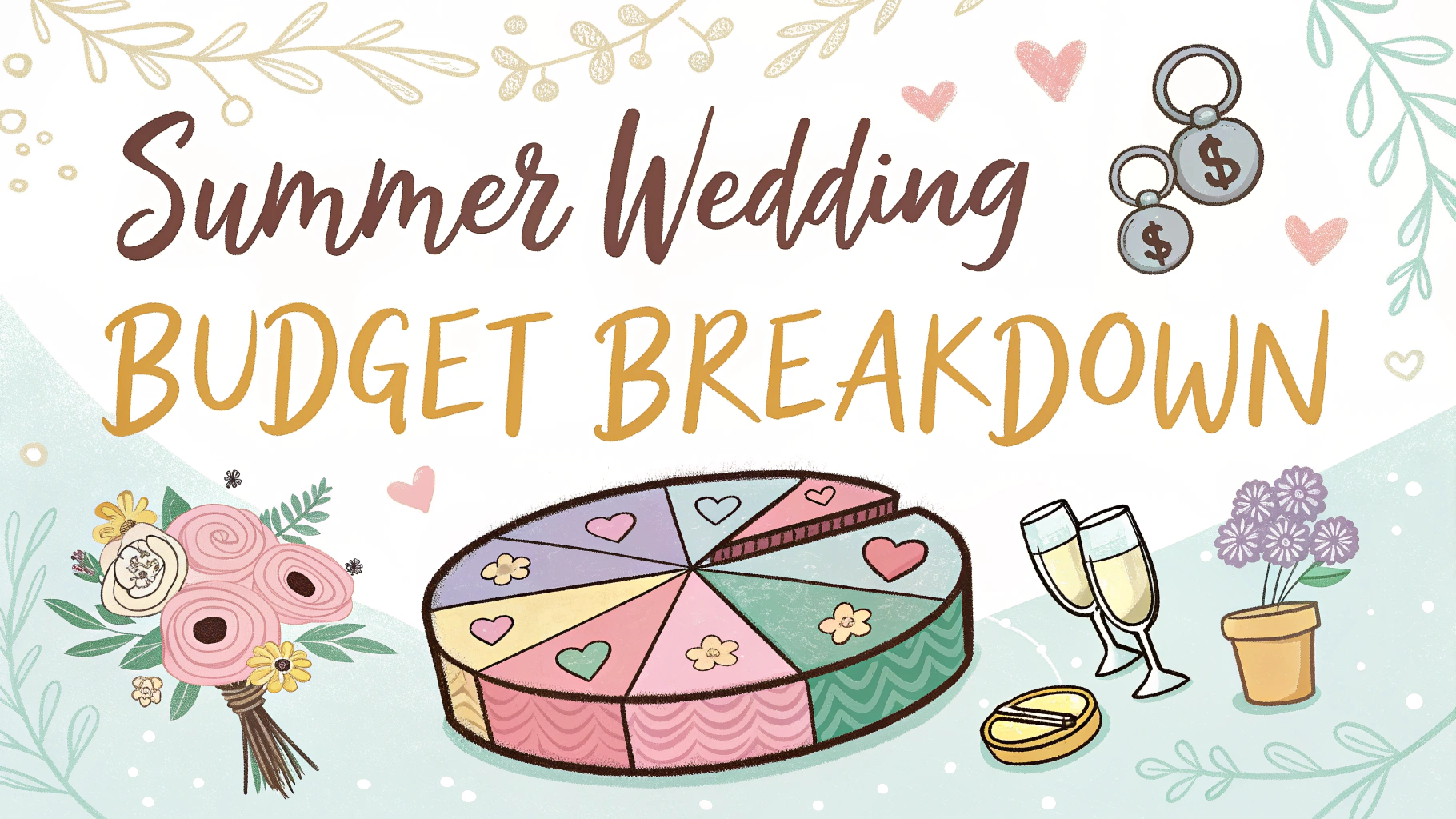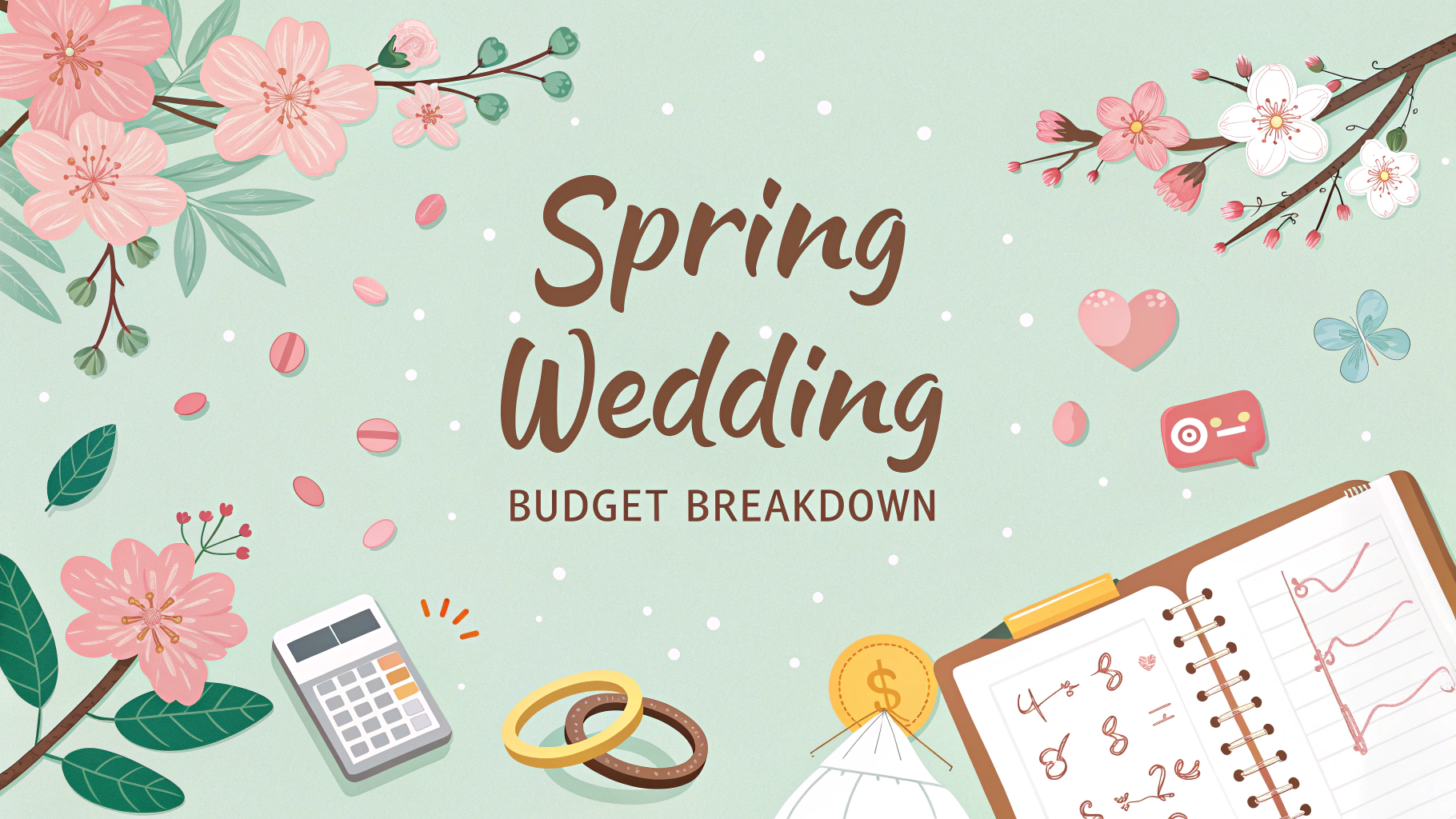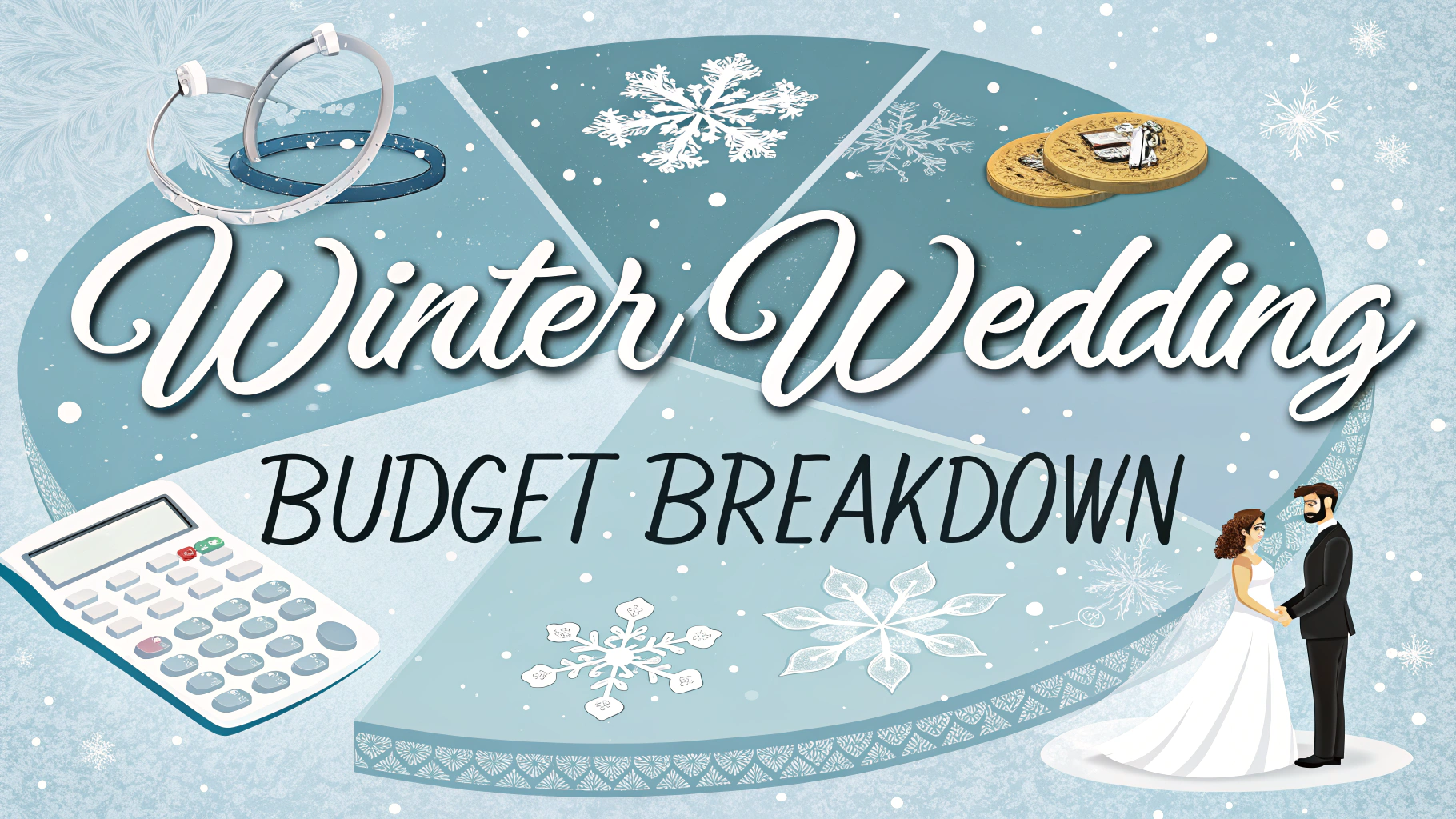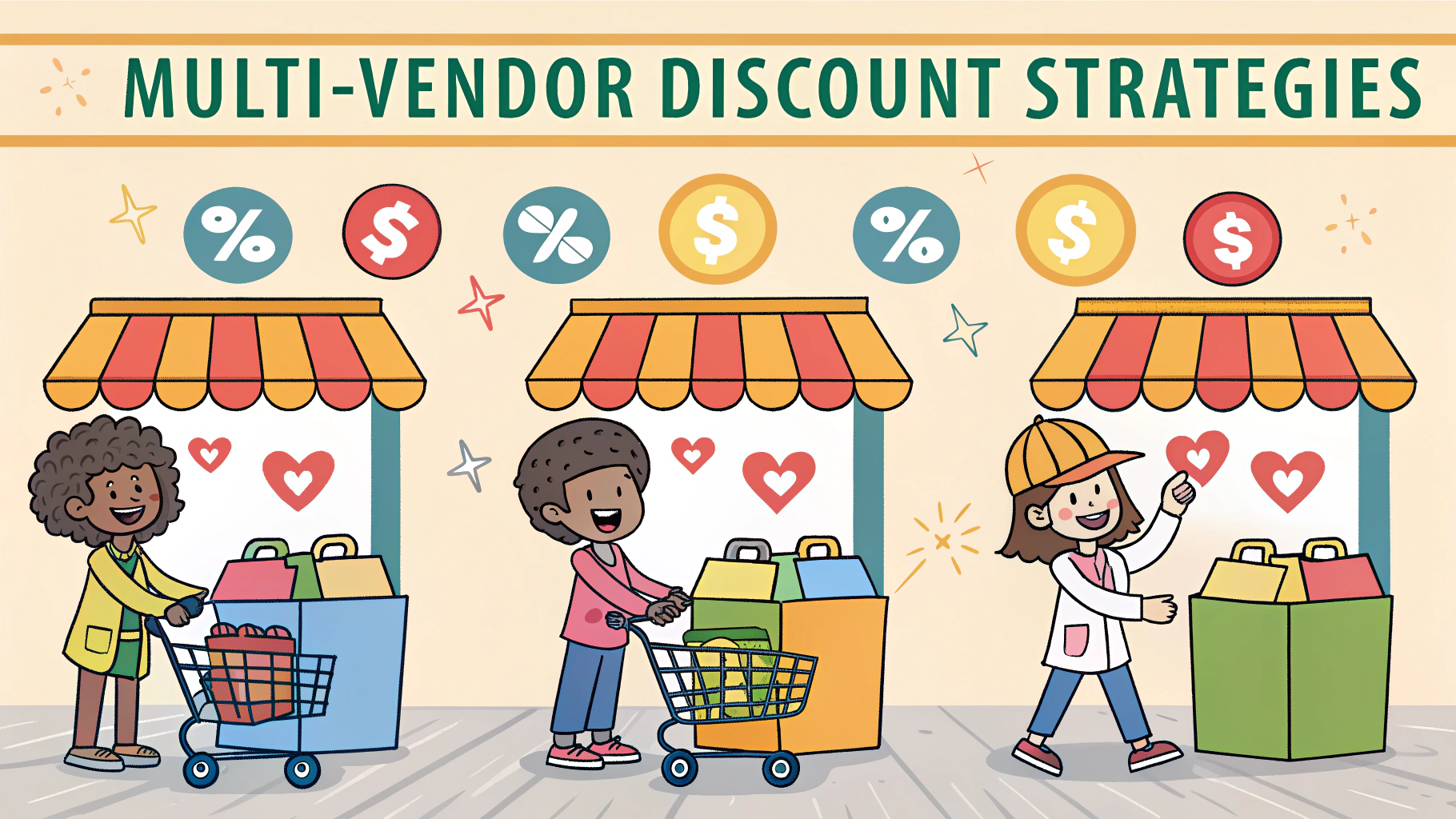Wedding loans can help finance your special day, but understanding their terms is essential before signing any agreements.
A wedding loan is essentially a personal loan used specifically for wedding expenses, typically ranging from $1,000 to $50,000.
Key Terms to Understand
- Annual Percentage Rate (APR): The total yearly cost of the loan, including interest and fees
- Loan Term: The length of time you have to repay the loan, usually 2-7 years
- Monthly Payment: Your fixed monthly repayment amount
- Origination Fee: A one-time fee charged by lenders, typically 1-8% of the loan amount
Common Wedding Loan Requirements
- Credit score: Usually 640 or higher
- Income verification
- Debt-to-income ratio below 43%
- Employment history
Tips for Getting the Best Terms
- Check your credit score before applying and address any issues
- Compare offers from multiple lenders (recommended: SoFi, LightStream, Upstart)
- Consider a co-signer if your credit isn’t ideal
- Watch for prepayment penalties
Alternative Options to Consider
Before committing to a wedding loan, explore these alternatives:
- 0% APR credit cards (for shorter-term financing)
- Family loans
- Wedding savings accounts
- Venue payment plans
Red Flags to Watch For
- Interest rates above 30% APR
- Hidden fees or charges
- Pressure to borrow more than requested
- Unclear repayment terms
Contact reputable lenders like SoFi (855-456-7634) or LightStream (800-203-5626) to explore your wedding loan options.
| Typical Loan Features | Range |
|---|---|
| Loan Amount | $1,000 – $50,000 |
| APR Range | 6% – 36% |
| Loan Term | 24-84 months |
Remember to calculate the total cost of the loan, including interest and fees, before making your final decision.
Budgeting for Your Wedding Loan
Creating a detailed wedding budget helps determine the appropriate loan amount and avoid overborrowing.
Essential Budget Categories
- Venue and catering (40-50% of budget)
- Photography/videography (10-12%)
- Attire and accessories (8-10%)
- Music/entertainment (5-10%)
- Flowers and decorations (8-10%)
Impact on Future Finances
Consider how wedding loan payments will affect your post-wedding financial goals:
- Housing plans and mortgage qualification
- Emergency savings capacity
- Other major purchases or investments
- Joint financial planning with spouse
Application Process
- Gather required documentation
- Pay stubs
- Tax returns
- Bank statements
- Employment verification
- Submit applications to multiple lenders
- Review and compare loan offers
- Accept and sign loan agreement
Conclusion
Wedding loans can provide necessary funding for your celebration, but require careful consideration of terms, alternatives, and long-term financial impact. Compare multiple offers, read the fine print, and ensure the monthly payments align with your post-wedding budget. Consider combining a smaller loan with savings or alternative payment methods to minimize long-term debt.
Whatever financing option you choose, prioritize transparency, reasonable terms, and your long-term financial health over immediate wedding wants.
FAQs
- What exactly is a wedding loan and how does it differ from a personal loan?
A wedding loan is essentially a personal loan used specifically for wedding expenses. It’s an unsecured loan that doesn’t require collateral and typically has fixed interest rates and monthly payments over a set term, usually 2-7 years. - What credit score do I need to qualify for a wedding loan?
Most lenders require a minimum credit score of 640-660 for wedding loans, though scores above 700 typically qualify for the best interest rates. Some lenders may approve scores as low as 580 but with higher interest rates. - How much can I borrow with a wedding loan?
Wedding loan amounts typically range from $1,000 to $50,000, though some lenders offer up to $100,000. The amount you can borrow depends on your credit score, income, and debt-to-income ratio. - What are typical interest rates for wedding loans?
Interest rates generally range from 6% to 36% APR, depending on your creditworthiness. Borrowers with excellent credit typically qualify for rates between 6-12%, while those with fair credit might see rates of 15% or higher. - How long do I have to repay a wedding loan?
Most wedding loans offer repayment terms between 24-84 months (2-7 years). Shorter terms mean higher monthly payments but less interest paid overall, while longer terms offer lower monthly payments but cost more in total interest. - Are there any fees associated with wedding loans?
Common fees include origination fees (typically 1-8% of the loan amount), late payment fees, and prepayment penalties. Some lenders don’t charge origination fees, so it’s important to compare offers. - How quickly can I get approved and receive wedding loan funds?
Online lenders typically provide approval decisions within minutes and fund loans within 1-5 business days. Traditional banks may take longer, usually 5-7 business days or more for the entire process. - Will applying for a wedding loan affect my credit score?
Initial loan applications usually result in a hard credit inquiry, which can temporarily lower your credit score by 5-10 points. Multiple applications within 14-45 days typically count as one inquiry for scoring purposes. - Can I get a wedding loan with a co-signer?
Many lenders allow co-signers on wedding loans. Having a co-signer with good credit can help you qualify for better rates or higher loan amounts if your credit or income isn’t sufficient. - Is a wedding loan better than using credit cards for wedding expenses?
Wedding loans typically offer lower interest rates than credit cards and have fixed monthly payments. However, if you can pay off credit card charges during a 0% APR promotional period, that might be more cost-effective.
